Governing Board members are directed by College Administrators to not ask questions, a tactic most likely aimed at Third District Board representative Paul Chevalier | Knowledgeable members of the public barred | Secrecy like this is hardly in keeping with the Community College claim that it is always “open” and “transparent”
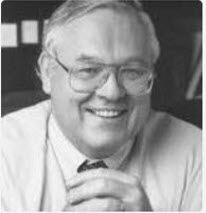
Robert Oliphant, Editor
OPINION. Yavapai Community College will hold a private meeting with the public barred with selected Sedona and Verde Valley politicians in Sedona sometime in the late afternoon of March 22.
Information about the private meeting sent out by the College administration that was provided by reliable sources and verified by the Blog states that the meeting “is by invitation only . . . It is not an open meeting for the public.”
Furthermore, other information supplied by reliable sources and verified by the Blog about this meeting sent by the Administration directs that “Board members may attend but are there to listen only.”
The Blog surmises that in the game of politics played by the Community College administrators, their strategy is to try and persuade the local politicians that the new Master Plan, which once again heavily favors the west side of the County, is “really good for the east side, too.” That is the political game the Prescott dominated Community College administrators have played for a half century. It is disappointing that the new administration is following the same old path taken by Prescott for decades.
The Prescott administrator’s goal for the meeting is simply this: “Sedona and Verde Valley — be thankful for the development crumbs we are so graciously sending over Mingus Mountain. You deserve them.”
 Cottonwood Community School eighth graders who completed a basic career and technical education carpentry and plumbing program at Yavapai Community College’s Verde Valley Campus celebrated their newly obtained skills by constructing a doghouse. The doghouse is described as custom-made, 2-by-4-feet, insulated and taupe-colored.
Cottonwood Community School eighth graders who completed a basic career and technical education carpentry and plumbing program at Yavapai Community College’s Verde Valley Campus celebrated their newly obtained skills by constructing a doghouse. The doghouse is described as custom-made, 2-by-4-feet, insulated and taupe-colored.
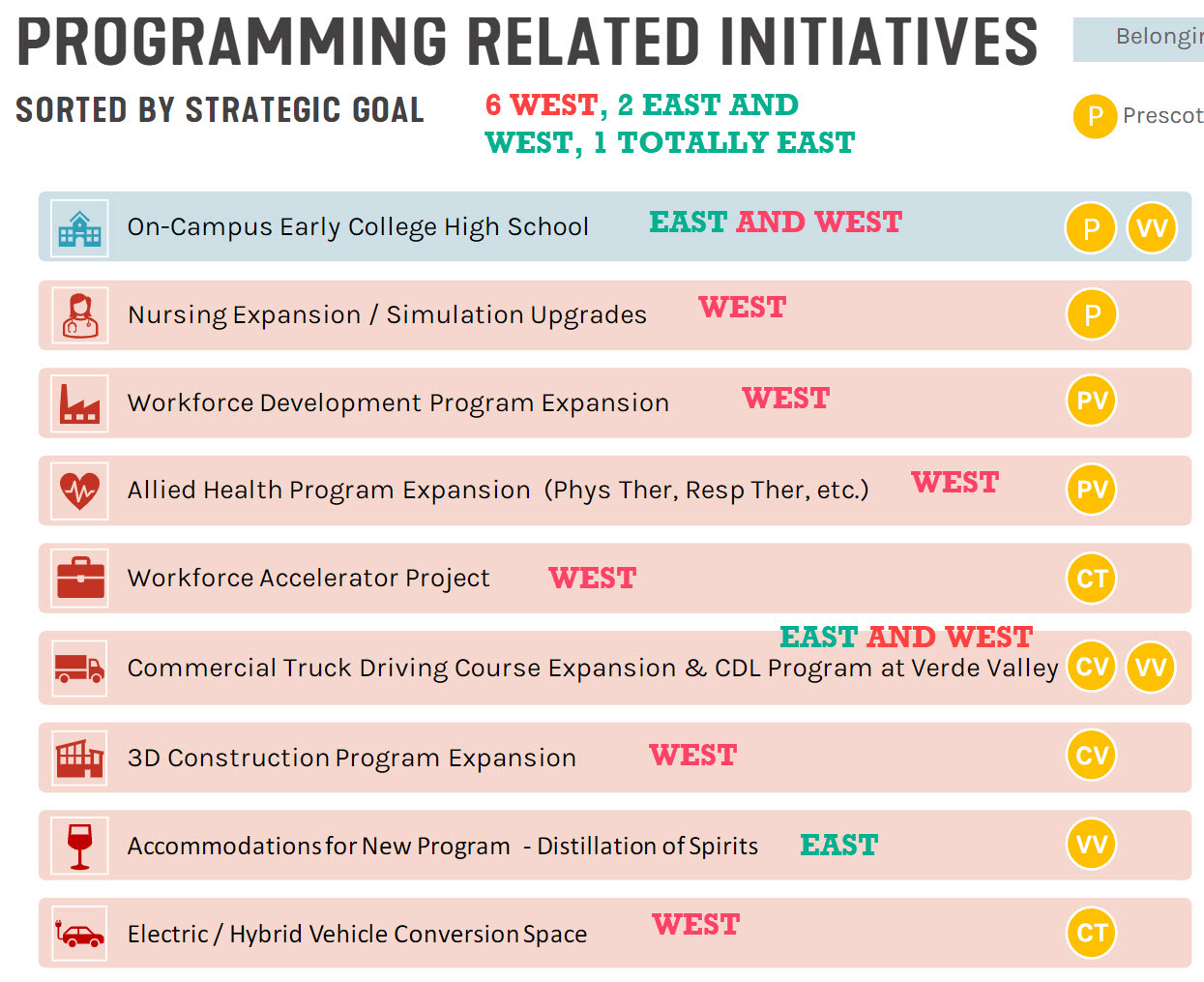
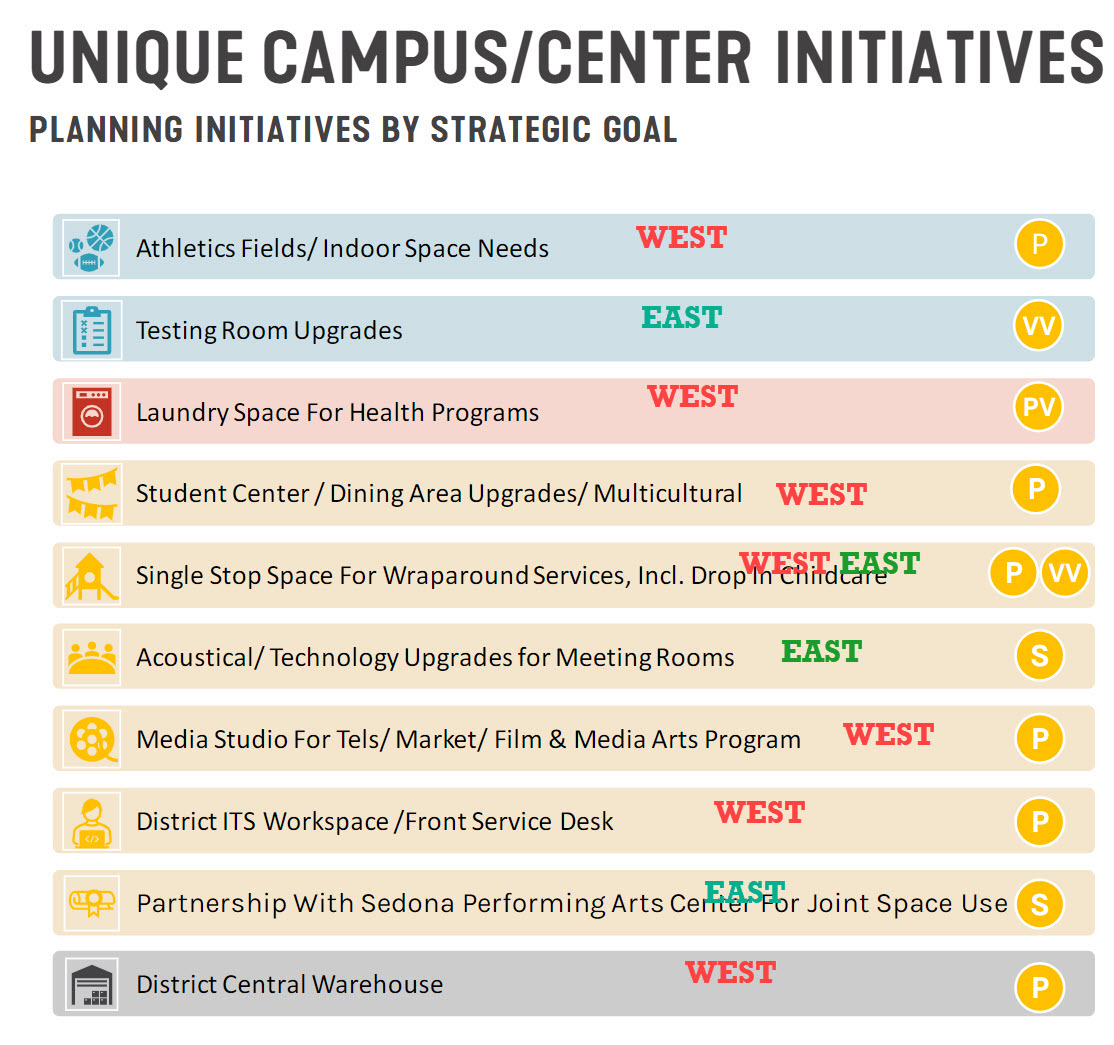
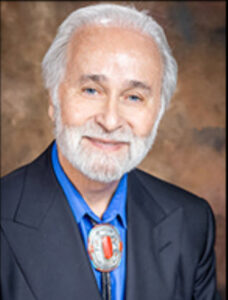
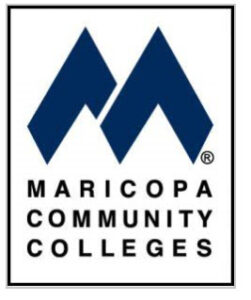 Maricopa Community Colleges are looking for new presidents and other top executives to fill positions at four of its colleges. In an article by Alison Steinbach in the Arizona Republic of February 22, it was reported that Phoenix College, Mesa Community College, Paradise Valley Community College and South Mountain Community College are seeking new college presidents. Scottsdale Community College announced in February that it had just selected a new president.
Maricopa Community Colleges are looking for new presidents and other top executives to fill positions at four of its colleges. In an article by Alison Steinbach in the Arizona Republic of February 22, it was reported that Phoenix College, Mesa Community College, Paradise Valley Community College and South Mountain Community College are seeking new college presidents. Scottsdale Community College announced in February that it had just selected a new president. The delegation met with education officials in the Biden administration along with Senator Mark Kelly and Congressman Representative Tom O’Halleran. According to Mr. Kuknyo, who spoke about the trip at the Governing Board meeting, they also visited the office of Representative Paul Gosar.
The delegation met with education officials in the Biden administration along with Senator Mark Kelly and Congressman Representative Tom O’Halleran. According to Mr. Kuknyo, who spoke about the trip at the Governing Board meeting, they also visited the office of Representative Paul Gosar. Arizona’s ten community college districts will receive over $31 million from the sale of recreational marijuana in 2021, which was its first year of sales. The millions are the result of the Proposition 207 voter initiative that legalized recreational marijuana and required Arizona to distribute about one-third of the excise tax receipts to community colleges.
Arizona’s ten community college districts will receive over $31 million from the sale of recreational marijuana in 2021, which was its first year of sales. The millions are the result of the Proposition 207 voter initiative that legalized recreational marijuana and required Arizona to distribute about one-third of the excise tax receipts to community colleges.
